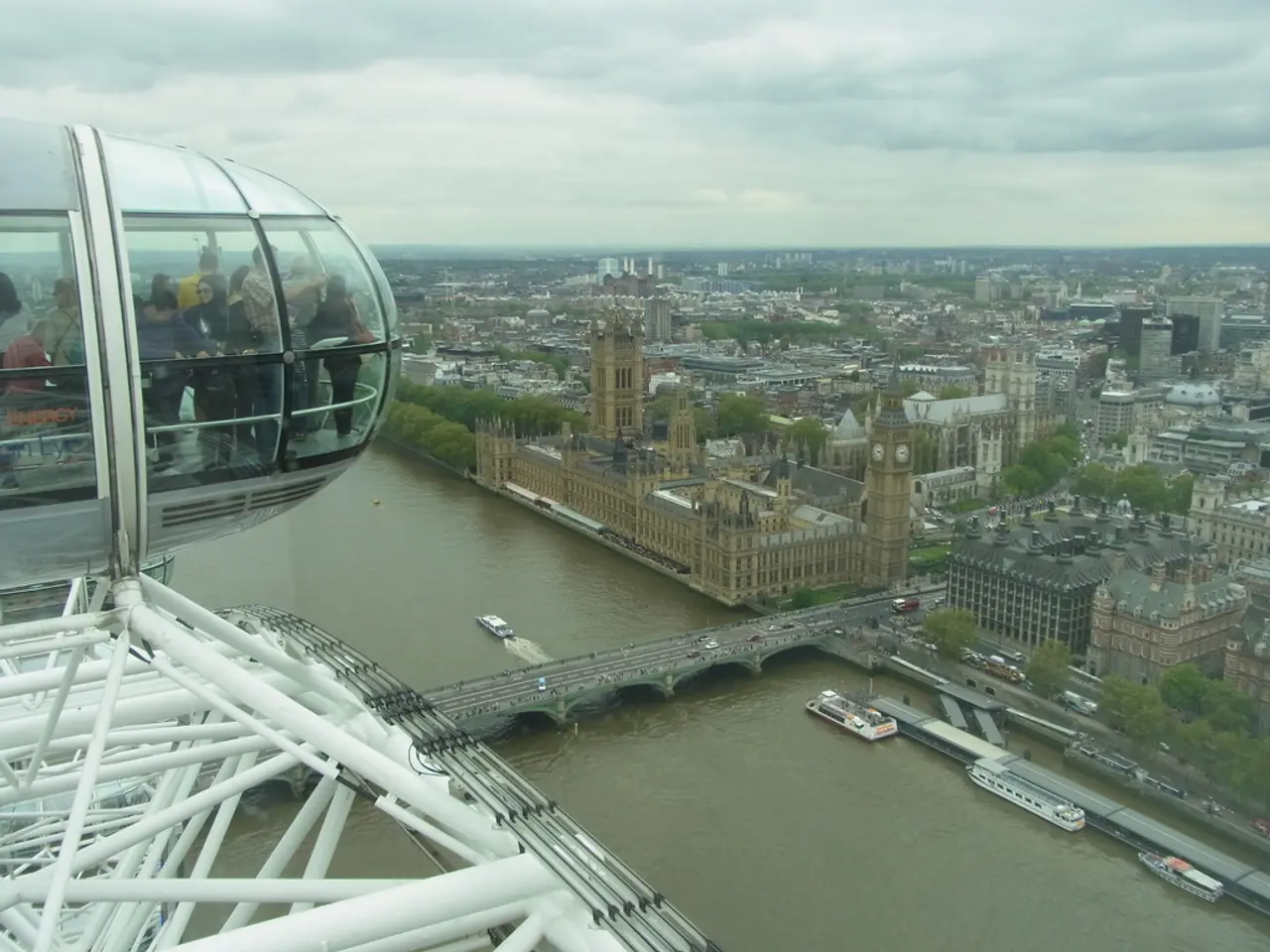A look at how policy commitments in the creative sector should be informed by concrete evidence
The creative industries, contributing an impressive £124-150 billion annually to the UK economy - larger than life sciences, automotive, aerospace, and oil and gas sectors combined - have been underappreciated in the House of Commons due to persistent perception issues.
According to a report published on 8th November 2019, a majority of people (64%) acknowledge the economic importance of the creative industries, but only 19% express strong conviction, and 10% remain unconvinced. This underappreciation stems from a combination of perception gaps, generational and class divides, and regional concentration.
Professor Hasan Bakhshi MBE, the Professor of Economics of the Creative Industries and Director of Creative PEC, along with Eliza Easton, the founder of Erskine Analysis and previously Deputy Director at the Creative PEC, have proposed four evidence-led policy recommendations to address these issues.
- Improving awareness and education: Investing in stronger careers advice, creative apprenticeships, and better training for teachers can help ensure creative careers are seen as accessible and viable by younger generations, especially from disadvantaged backgrounds.
- Enhancing public and political recognition: Campaigns and reports that clearly convey the creative industries’ economic scale, growth potential, and relevance to innovation and productivity could help shift perceptions in Parliament.
- Regional support and diversification: Encouraging creative industry growth outside London and the South East can foster broader economic impact and political attention, including targeted funding, infrastructure, and regional development plans.
- Integrating creativity across sectors: Promoting recognition of the creative industries’ role in driving innovation that benefits other economic sectors can align policy frameworks to support cross-sector collaboration.
Long-term investment and policy support are also crucial. Building on government plans like the 2025 Creative Industries Sector Plan, increased sustained funding, research, and infrastructure support reflecting the sector’s substantial GDP contribution and employment provided can ensure the creative industries' continued growth and success.
The policy brief, "Creative Industries Innovation in Seaside Resorts and Country Towns," based on a PEC Discussion Paper, discusses innovation in creative industries in seaside resorts and country towns. The creative industries employ more than 2 million people in the UK, contributing £101.5bn Gross Value Added (GVA) to the UK economy.
Political parties are encouraged to consider the creative industries and their needs in their political manifestos. By addressing the underappreciation of the creative industries, policymakers can help foster a more vibrant, innovative, and productive economy for all.
- The creative arts, significantly contributing £124-150 billion annually to the UK economy, have been undervalued in the House of Commons due to persistent perception issues.
- A report published on 8th November 2019 indicated that while 64% acknowledge the economic importance of the creative industries, only 19% express strong conviction, and 10% remain unconvinced.
- This underappreciation is primarily due to perception gaps, generational and class divides, and regional concentration.
- To address these issues, Professor Hasan Bakhshi MBE and Eliza Easton have proposed four evidence-led policy recommendations.
- The first recommendation is to improve awareness and education through stronger careers advice, creative apprenticeships, and better training for teachers.
- The second recommendation encourages campaigns and reports that clearly convey the creative industries’ economic scale, growth potential, and relevance to innovation and productivity.
- The third proposal suggests regional support and diversification by encouraging creative industry growth outside London and the South East.
- The fourth recommendation advocates integrating creativity across sectors to promote recognition of the creative industries’ role in driving innovation that benefits other economic sectors.
- Long-term investment and policy support, including increased sustained funding, research, and infrastructure, are vital to the sector's continued growth and success.
- The policy brief, "Creative Industries Innovation in Seaside Resorts and Country Towns," discusses innovation in creative industries in seaside resorts and country towns, emphasizing the creative industries' significant employment contribution of more than 2 million people in the UK.
- Political parties are urged to consider the creative industries and their needs in their political manifestos, as addressing the underappreciation of the creative industries can lead to a more vibrant, innovative, and productive economy for all, fostering a culture of policy-and-legislation that benefits the economy, industries, and talent, and contributes to internationalisation, education, and general news.





